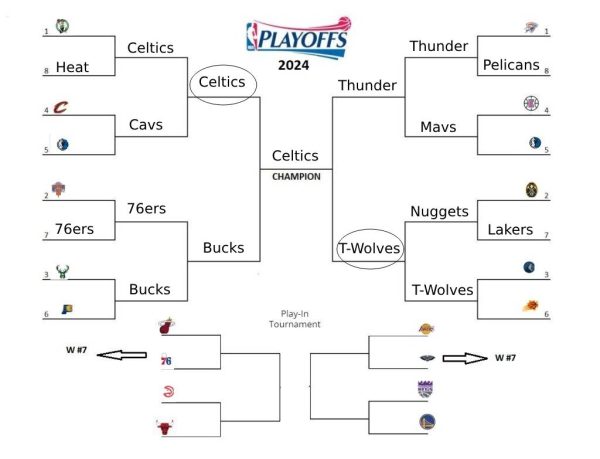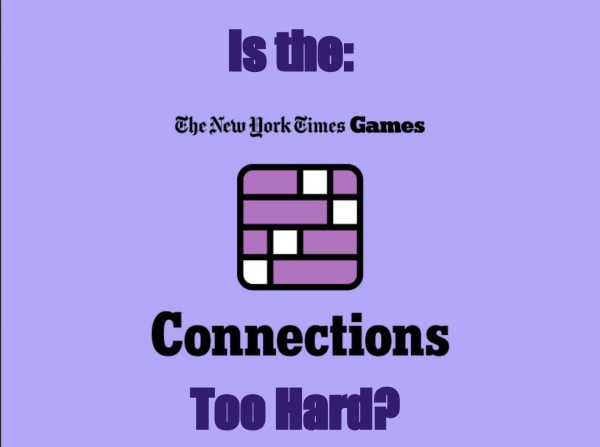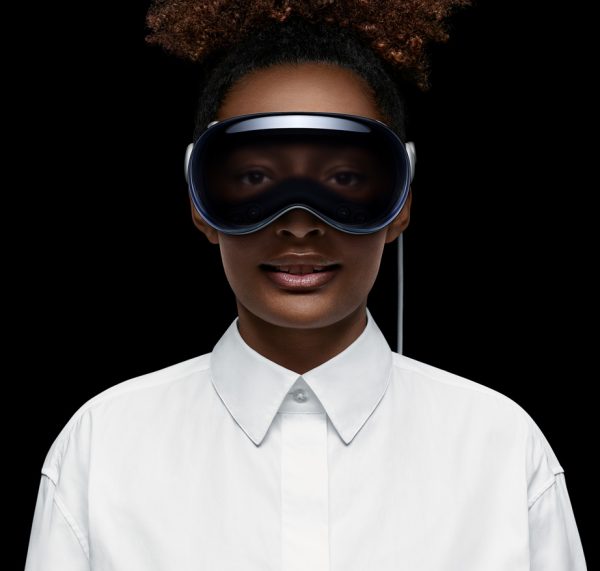Is Technology Really the Source of Our Problems?
According to US News only 15% of students get the recommended 8-10 hours of sleep per night. Adults attribute this lack of sleep to students spending time on their phones and social media, and there is evidence to support their claims. However, students experiencing these sleep deficits attribute them to homework overloads, increased pressure at a young age, and a lack of balance in their lives–and there is evidence to support their claims as well.
“Teens spend an average of 3 hours per night on homework,” reports US News. This leads to unnecessary sleep deficits for students. Even kindergarteners are starting to feel the pressure of their impending homework avalanche. This can have long term mental and physical impacts like loss of sleep and depression.
Long term, chronic sleep deprivation can lead to many health problems including obesity, diabetes, cardiovascular disease, and early mortality. Lack of sleep also causes issues with perception and judgement. It can also impact mood, the ability to learn and retain information, and can increase the risk of accidents that lead to injury according to Harvard Medical School. This can cause a vicious cycle for students when they do not get enough sleep and cannot focus in class resulting in more time being spent at home trying to learn and less sleep. Most students wish that the school day just started later, but that would not solve the issue. A better solution would be to decrease the amount of time students spend doing homework.
The wellness triangle has been used to represent the three main aspects of life, mental, physical, and social. Increased amounts of homework have caused an imbalance in their triangle increased stress levels.

As an athlete, Nia Spells spends most of her time in workouts or practice, but in her free time she enjoys photography, hanging out with friends, shopping,...












